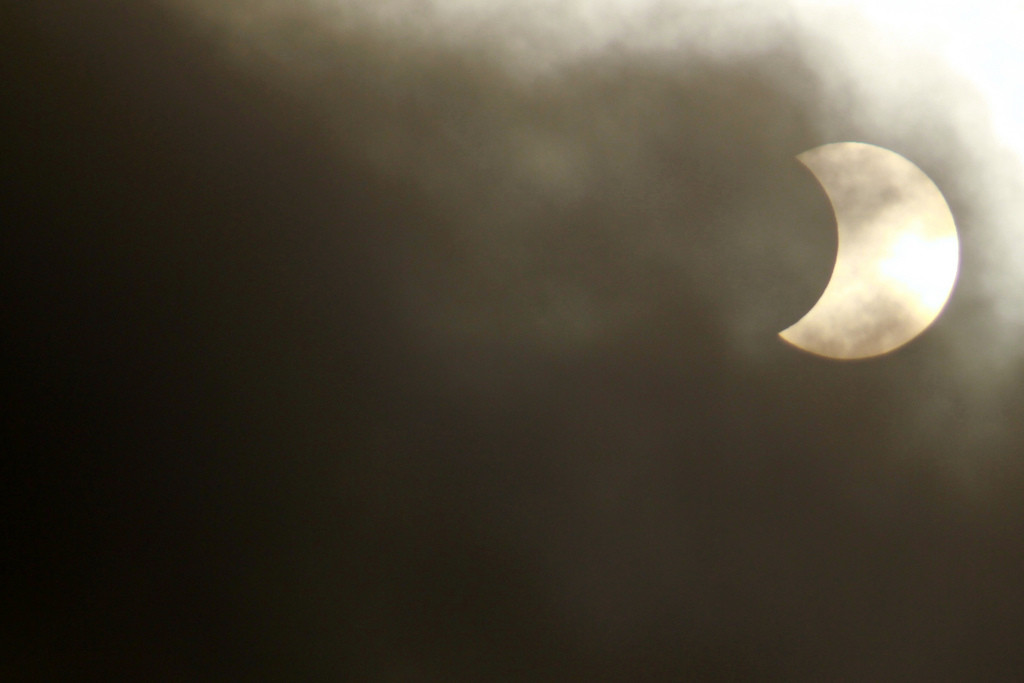A rare eclipse of the so-called “supermoon” will take place Sunday night, but clouds from a coastal storm system to the south of New Jersey could spoil the skies of residents of the Garden State.
When will it occur?
The supermoon eclipse will last 1 hour and 11 minutes, casting into its shadow at 8:11 p.m. Sunday with the full eclipse beginning at 10:11 p.m. and peaking at 10:47 p.m. After this weekend’s event, a supermoon eclipse will not be repeated until 2033.
|
|
What, exactly, is happening?
The “supermoon” occurs when a new or full moon is at its closest position to the Earth, according to a Fox News report on the phenomenon.
“Because the orbit of the moon is not a perfect circle, the moon is sometimes closer to the Earth than at other times during its orbit,” said Noah Petro, deputy project scientist for the Lunar Reconnaissance Orbiter at NASA’s Goddard Space Flight Center in Maryland. “When the moon is farthest away it’s known as apogee, and when it’s closest it’s known as perigee. On Sept. 27, we’re going to have a perigee full moon—the closest full moon of the year.”
Its looming proximity makes the moon appear 14 percent larger and 30 percent brighter in the sky than a traditional full moon.
This year, the “supermoon” coincides with an eclipse – which occurs when the Earth’s shadow swallows up the moon as the planet comes between it and the sun.
The last supermoon-lunar eclipse combination occurred in 1982 and the next won’t happen until 2033, according to NASA.
“That’s rare because it’s something an entire generation may not have seen,” said Petro.
Will NJ Residents See It?
Viewing the supermoon and eclipse, of course, is weather-dependent – and Sunday’s forecast does not predict positive sky-gazing weather. The current forecast from the National Weather Service is for mostly cloudy skies with a chance of showers and a low of 66. There is a 40 percent chance of precipitation Sunday night.












